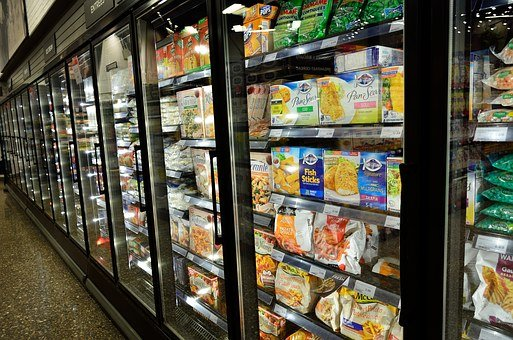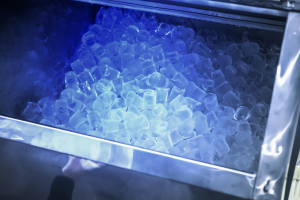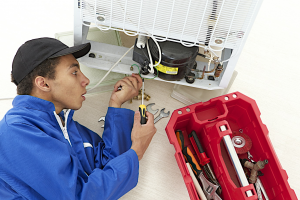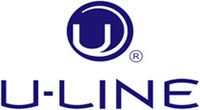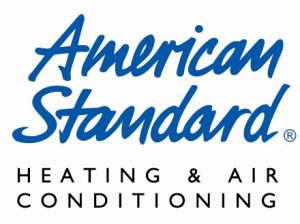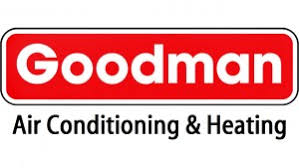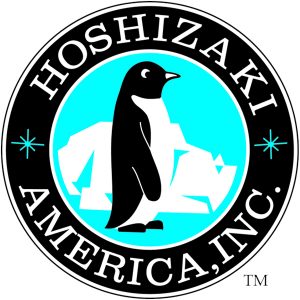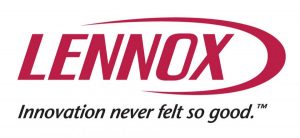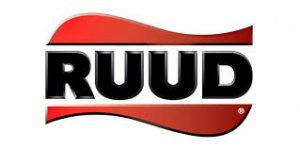Refrigerants have been used popularly for our HVACR equipment since a few centuries. However, in 1990, The Montreal Protocol banned certain refrigerants like CFCs due to their ozone depletion effects. This global issue gave rise to natural refrigerants, which are non-synthetic substances utilized as cooling agents. These natural refrigerants are made of natural substances such as water, CO2, air, ammonia, etc.
Considering the hazards refrigerants pose, it’s crucial to commit to natural refrigerants. Read on to learn more.
Why Consider Natural Refrigerants for Commercial Refrigeration Equipment?

Sure, the Montreal Protocol banned the ozone-depleting refrigerants, such as Chlorofluorocarbons (CFCs) and hydrochlorofluorocarbons (HCFCs). But it failed to deal with the global warming risks that replacements like hydrofluorocarbons (HFCs) pose. As scientific research and evidence have grown, the results have shown that hydrofluorocarbons (HFCs) pose a high potential to add to the ever-growing greenhouse effect.
As a result, substituting HFCs for HCFCs and CFCs merely shifted the problem. Natural refrigerants are the only viable solution to the ozone-depleting and greenhouse-gas-producing problems caused by refrigerants.
The Economics of Natural Refrigerants
What sets natural refrigerants apart, other than their evident eco-friendly nature, is their cost-effective production as compared to hydrofluorocarbons (HFCs). Moreover, natural refrigerants are highly efficient in terms of energy, especially when utilized in large-scale units. They also have a low disposal cost when compared to hydrofluorocarbons (HFCs) and other refrigerants like hydrochlorofluorocarbons (HCFCs).
The most crucial problem for commercial refrigeration units is the rise in capital expenditure needed to shift to natural refrigerants, especially for small and medium scales businesses. As a result, this is the main obstacle preventing the quick global acceptance of natural refrigerants for commercial refrigeration units. All-natural refrigerant systems necessitate an absolute renovation of the commercial refrigeration system, which is quite different from replacing commercial refrigeration systems with non-ozone-depleting refrigerants.
Worldwide Movement to Accept Natural Refrigerants
Despite the economics of the situation, there is a worldwide movement to replace commercial refrigeration equipment with natural refrigerants. An AFEAS Alternative Fluorocarbons Acceptability Study showed that in 2005, the atmosphere contained more than half of all synthetic refrigerants ever created. The Montreal and Kyoto Protocols require that commercial refrigeration systems will eventually need to utilize natural refrigerants to minimize the Global Warming Potential and give 0% ozone depletion potential.
It is anticipated that converting commercial refrigeration equipment to natural refrigerants would reduce CO2 and other greenhouse gas emissions by 22 million metric tonnes per year in the United States alone.
Avail Our Commercial Refrigeration Service in Los Angeles
Whether you’re looking for commercial refrigeration repair service or commercial refrigeration maintenance, we’ve got your back! Reach out to Airplus Refrigeration, Inc.!
Airplus Refrigeration, Inc. is a full-service refrigeration specialist offering commercial refrigeration repair service, refrigeration maintenance, and more in Los Angeles.
Contact us for commercial refrigeration repair services right here in Los Angeles.


